I met
in his overstuffed corner office on U.C. Berkeley’s campus, housed in what looked to me like a midcentury villa that could double as a restaurant that sells speciality bratwurst. I was shown into Reich’s office by Heather Lofthouse, his collaborator and media partner, who pointed out a mahogany armchair by the window, just past some boxes overflowing with books. It was the chair he sat in while serving in Bill Clinton’s cabinet as Secretary of Labor in the 1990s. Naturally, I asked him to sit on it to pose for a photo (see it below!).As well as being a leading academic and former government official—he also advised President Obama—Reich has published 18 books, produced and fronted a Netflix documentary, mastered Facebook and Twitter, and has a hugely successful Substack. He is, in short, a master communicator. But when I asked Reich, with our mics perched on a long table adjacent to his desk, how he thinks of himself—is he a writer?—he chose “educator.”
He has been teaching at universities (Harvard, Brandeis, Berkeley) for 40 years and today delivers his lectures to a room of 800 people. He sees his prolific media work (oh, by the way, he’s also a talented illustrator) as being in service of his mission to advance a progressive view of economics, to reduce inequality and, in his framing, stand up to bullies. He is, he says, responding in particular to the way power distorts America. “I saw how power was being abused and how people were being bullied in all sorts of ways,” he says. “If I didn’t do what I could to stop the bullying, then I failed.”
Quotes from the conversation
On good writing
What is good writing? To be an educator, you’ve got to be really clear. You can’t have long, complicated sentences. You can’t be full of yourself. You can’t be pretentious. You can’t try to be somebody else. You’ve got to earn the trust of the reader. If that’s good writing, that’s good writing. Well, that’s what I try to do.
On using multiple platforms
I do want to continue to experiment in terms of reaching people who are otherwise unreachable. If I can find a way in, I will burrow into that way in.
On being called to be an educator
It’s what I do as a formal educator here at Berkeley. It’s what I do in terms of social media. It’s what I did in government. You can’t be a successful government official—I like to think that I was pretty successful—without educating the public about what’s important and why you’re doing what you’re doing and getting public support for your agenda.
On getting behind the system code
It’s that kind of thing that I try to do in the classroom, that I try to do with teaching: reveal the code. Reveal the system. Get behind it so that they, for example, can read the newspaper or they can go online and actually understand at a deeper level what’s happening.
On students today
That they’re processing at a much faster rate—a lot of different kinds of information, almost simultaneously. They’re also very visually acute. That is, they can process visual cues in videos and films much, much faster than any previous generation. They’re not quite as verbal. I think, again, that has to do with the milieu in which they grew up.
On 42 years of teaching
This generation of undergraduates also is aware of the possibility of authoritarianism, of fascism, the loss of democracy, in ways that 40 years ago most people just took for granted.
On teaching students
If you’re interested in, as I am, giving people the equipment they need to be participants in a democracy. Everything else is sort of fun and fluff, but teaching is real.
On social media
It’s too easy for people to secede from their neighbors, their communities, their societies into little bubbles—that of people who are just as rich, wealthy, just as endowed, privileged as they are—and forget about everybody else. And the ties that bind us together as human beings become frayed.
On feedback
A disagreement is a disagreement. A personal dislike is something that is really qualitatively different. If somebody dislikes me personally, well, that’s too bad. If I’ve done something to offend them, I’m sorry.
On disagreements
The best way to learn is to talk to somebody who disagrees with you. Because if we stop talking to people who have different views, then how are we ever going to know what we believe?
On the state of capitalism in America
If you’re very, very wealthy, you can count on a lot of nice things happening to you to support you if you run into bad luck. But if you are an average, normal working person, this is the harshest form of capitalism in the world.
On the start of the culture wars
You periodically have these upsurges in hatefulness and bigotry. In the 20th century, it was centered or it was triggered by Communism. The Russian Revolution, we had a Red Scare, then of course we had Joe McCarthy and the Communist witch hunts.
On wealth and power
If power moves to the top with wealth, through lobbying, through campaign contributions, through all sorts of other devices, then the rules of the game can continuously be rigged to generate even more wealth at the top.
On turning things around
You’ve got to get money out of politics, big money out of politics, and you’ve got to bust up these concentrations of economic power. If you do that, you can reset the system.
On the current president
I think Joe Biden has done a very good job. He’s very steady. He’s accomplished much more than I expected he would legislatively and in every other way. He’s kind of held it together, which is very surprising to me.
On having a childhood friend murdered by the Ku Klux Klan
When I learned that my protector from my little childhood bullies had been tortured and murdered by the real bullies, the real bullies of America, I think honestly, Hamish, that changed my life. [...] I saw how important power was in society and the abuses of power going on between employers, employees, men and women, white people, black people, people of color. I saw how power was being abused and how people were being bullied in all sorts of ways. If I didn’t do what I could to stop the bullying, then I failed.
On democracy
Democracy really is a theory of self-government, which is designed to protect people from misuse of power. From authoritarians, from fascists, from people who would take their lives or grab them in the middle of the night out of their homes and shoot them. Democracy is the most important bulwark we have against the bullies.
On having purpose
At the age of 76, I feel not as if I’ve succeeded—in fact, if anything, I feel like I’ve failed—but I feel like I’ve at least understood that I’ve had a purpose.
On getting older
But the actual emotional surprise is that the body doesn’t last forever. When you hear old people talk about aches and pains, I thought that was an expression. I didn’t know that was literal. But there are literally aches and pains. Now, who knew?
On family and friends
It’s through thoseintimate connections that you’re grounded. That you’re given realmeaning. That you are also given the power and courage to take on the rest of the world.
Show notes
Subscribe to Robert Reich on Substack
Find Robert on Twitter, Instagram, YouTube, and his personal website
It’s a Wonderful Life
Robert Reich’s writer advice column on combining illustration and writing, for On Substack
[05:54] Teaching over 40 years
[07:31 ] Young people today
[10:15] The need for humor in teaching
[15:36] Socialism for the rich
[18:45] The void of a working class party
[27:03] The reset
[31:16] Pressing the reveal code key
[32:32] A childhood protector murdered
[34:43] Democracy against the bullies
[37:26] Taking sustenance from family
[43:43] Talking to people who disagree with you
[46:30] Reaching beyond the bubble
[49:04] Being an “educator” and writing well
[50:12] Using multiple modes of thinking
[50:55] Getting older
[57:16] Worry is a waste of energy
The Active Voice is a podcast hosted by Hamish McKenzie, featuring weekly conversations with writers about how the internet is affecting the way they live and write. It is produced by Hamish McKenzie, with audio engineering by Seven Morris, and content production by Hannah Ray. All artwork is by Joro Chen, and music is by Phelps & Munro.

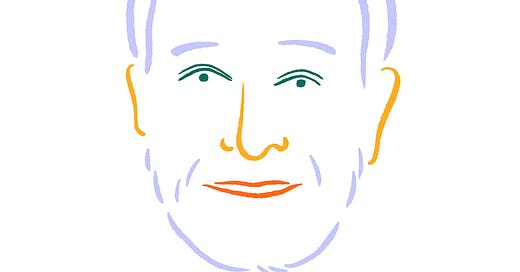
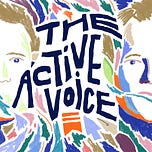




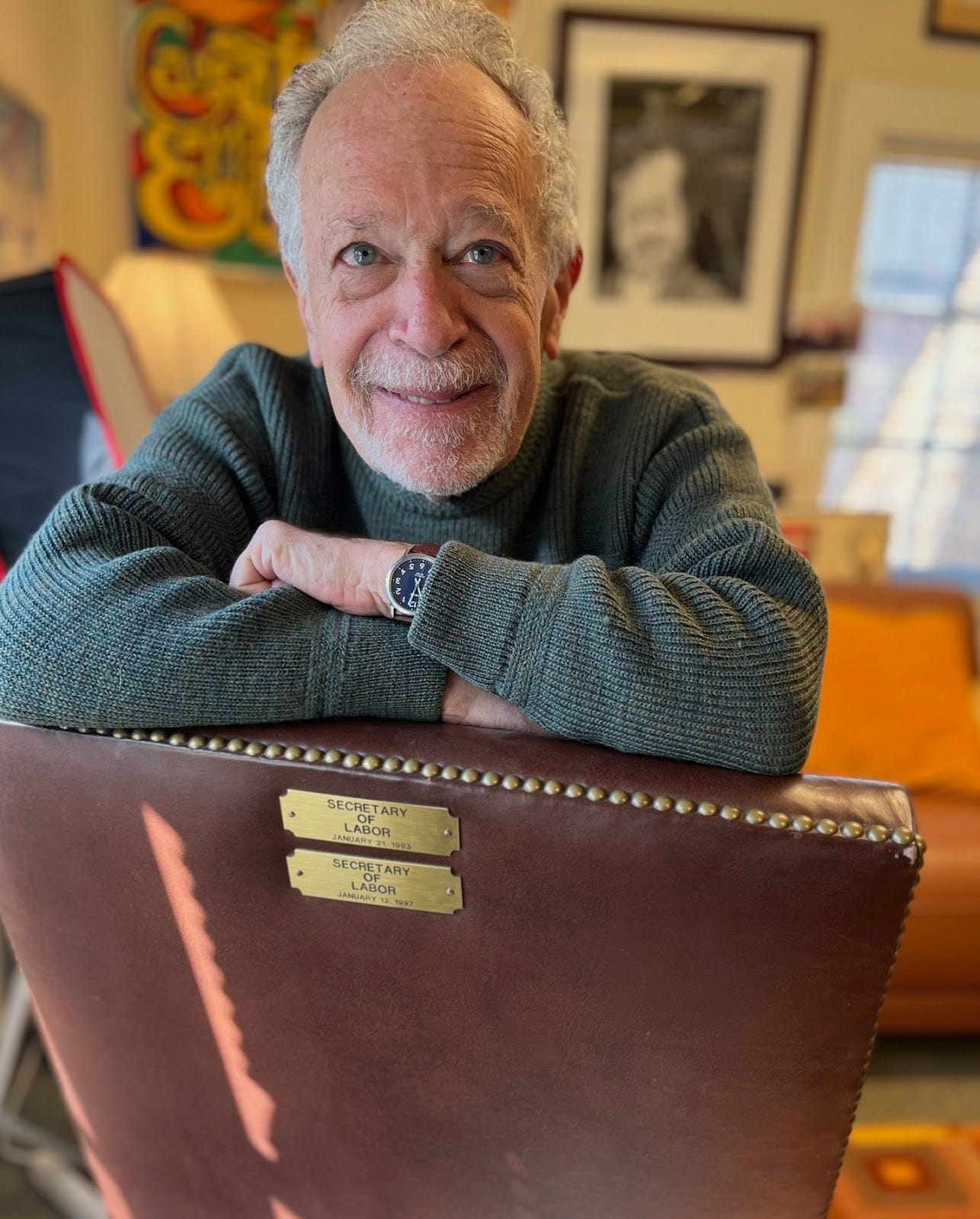



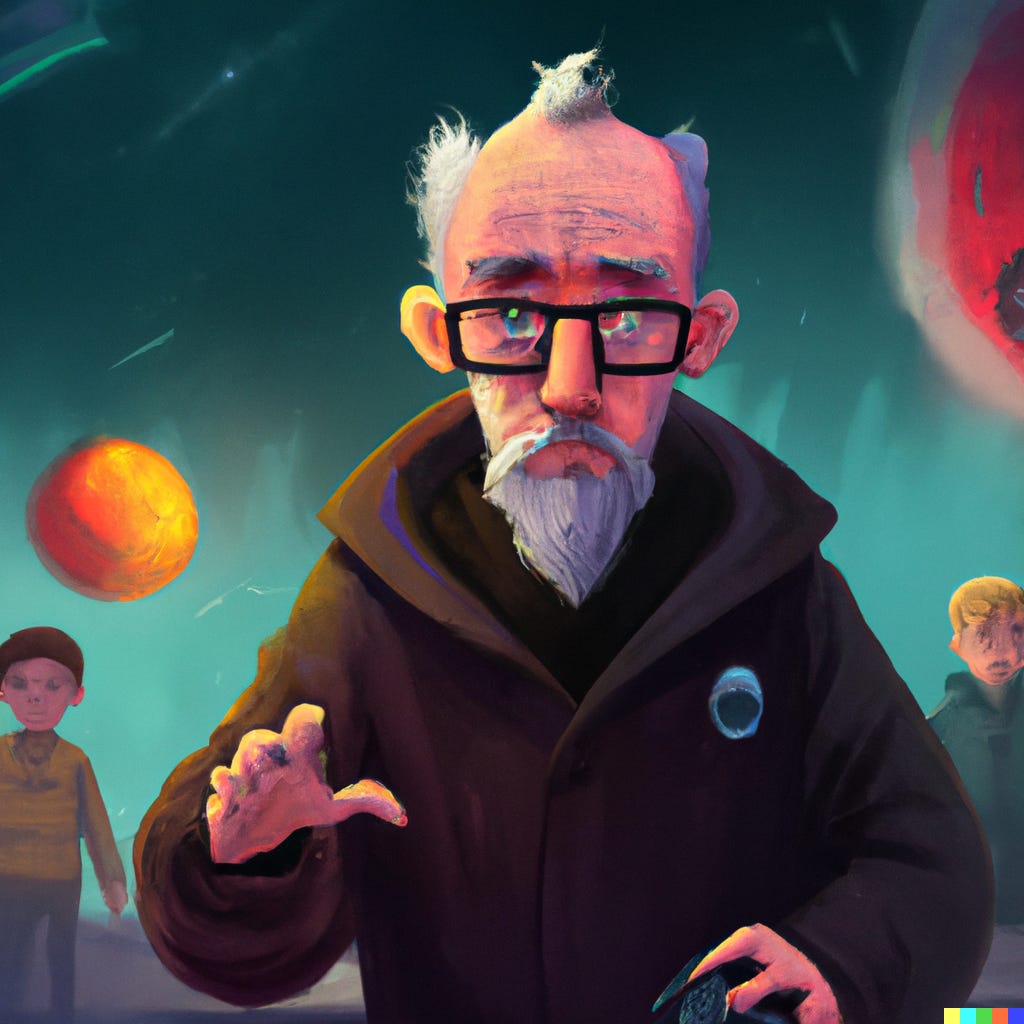









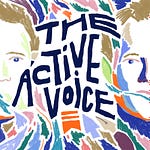
Share this post